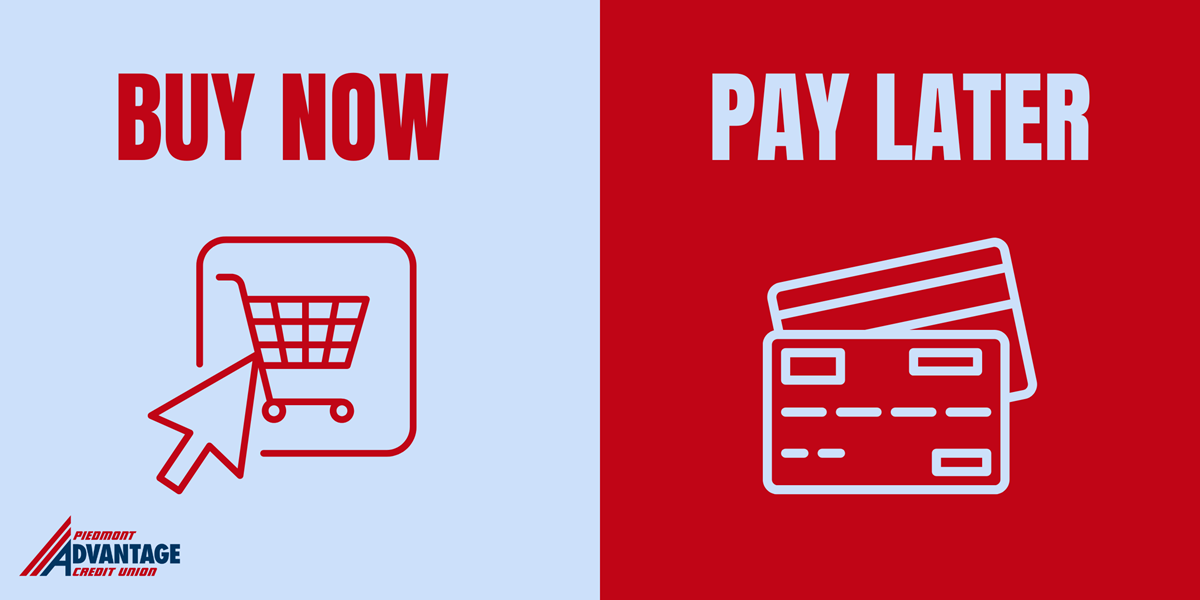We use cookies to enhance site navigation, analyze site usage and assist with overall marketing efforts. View Details
Buy Now, Pay Later

Picture it – November 28, 2002, you’re still full from yesterday’s Thanksgiving feast but determined to find the perfect gift for little Susie.
After scouring many stores and trying to avoid the Black Friday stampedes, you find the purple and pink bicycle with a flowered basket on the front—the one Susie’s asked for since last Christmas.
But, it’s more expensive than you can swing at the moment. You’re not sure what to do. But then you sign a large sign that solves your problem: Layaway!
You put the bike on a payment plan for the next four weeks, and when you’ve paid it off, you take it home, wrap it, and do your best to stow it away discreetly before Christmas morning.
While layaway is still a thing, it has mostly been overshadowed by buy now, pay later plans.
Today, most consumers prefer to buy now, pay later plans because they receive the merchandise up front and pay it back over time. As society shifts toward immediate gratification, all shapes and sizes of credit plans adapt.
In the latest episode of Headlines and Fine Print, PACU President & CEO Dion Williams discusses how buy now, pay later reverses the concept of layaway.
The headline: Global Market Insights estimates the buy now, pay later market to be $235 billion as of 2024.
Since buy now, pay later plans have shorter horizons than credit cards, they can be more beneficial for the everyday consumer, which is why many consumers use them.
Credit cards are predicated on minimum payments. Therefore, small purchases can take years if only the minimum payments are made. The longer it stretches out, the more interest you pay.
Buy now, pay later plans typically have a year or less repayment period. The payment is fixed, and providers usually do a soft credit check, which means the credit check doesn’t impact your credit score.
Because some plans are interest-free while others charge interest, it’s essential to know what you are signing up for upfront, pay off the plan early, or choose the payment plan that works best for you. But, what’s the catch?
The fine print: buy-now, pay-later plans can add up quickly.
If you use it thoughtfully, buy now, pay later can be an innovative tool, but sometimes the best financial move isn’t about better credit terms. It’s about needing less credit in the first place.
The temptation to spend more money is stronger because you see smaller payments, not the total amount owed. As a consumer, know what you can afford and what interest and/or fees are involved with your purchase.
If you are trying to find ways to plan and budget for spending-heavy seasons in your life, there are other options instead of buy now, pay later plans. For example, PACU’s Christmas or Vacation Club accounts.
It may work better for you to set aside money every month throughout the year and have that available when it’s time to go shopping. Even if the club account doesn’t cover every penny you spend, it certainly cuts into what you finance and have to pay for later. Credit is the reactive approach, and saving is the proactive approach.
Ready to save proactively?
Check out how PACU’s Christmas and Vacation Club accounts can help you stay one step ahead.
If this topic piqued your interest and you want to hear more about money and membership, catch up on Headlines and Fine Print episodes on our Spotify and YouTube.
